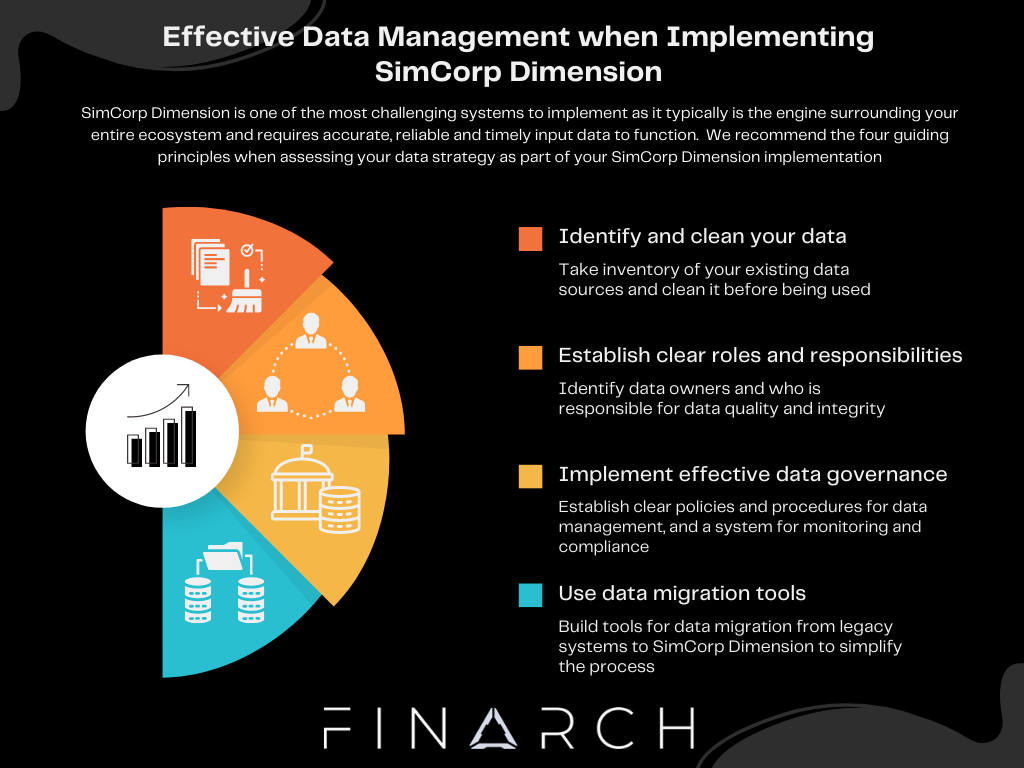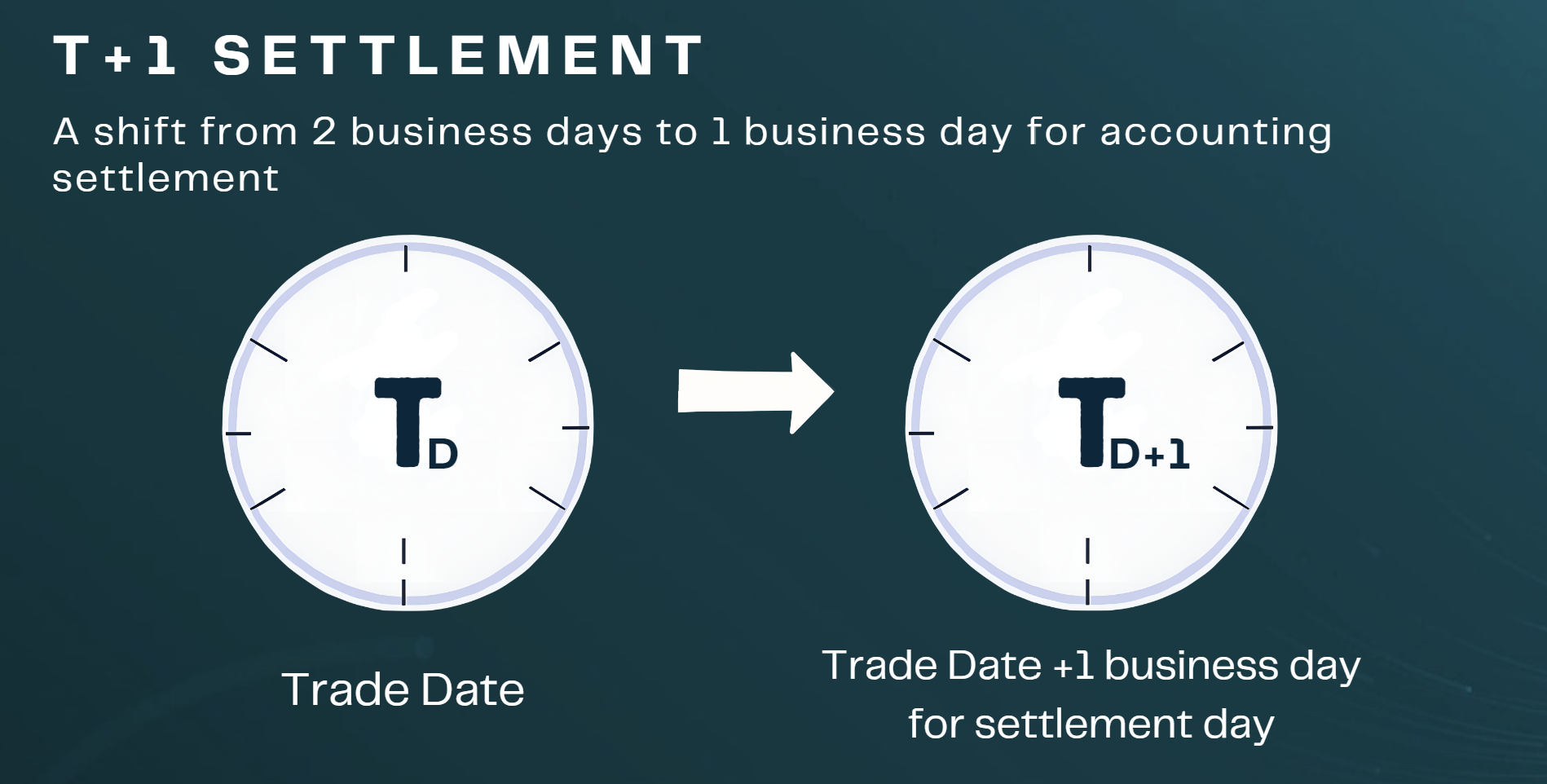Introduction
As part of any large digital transformation initiative, having well structured, accurate and timely data is one of the cornerstones to a successful implementation. Bad (or even worst mock-up) data almost guarantees your project to run into data errors and other issues that should try to be avoided
| Good data 😊 | Bad data ☹ |
| Allows the testing and validation of real-world use cases applicable to the organization’s environment | May raise false negative errors or issues due to using mock-up data or data that is not applicable to the organization |
| Integrated with existing data governance and data quality frameworks within the organization | Non-Integrated within organization which may cause misconfiguration and data cleanup |
| Minimizes testing and configuration issues resulting from poor data and simplifies any reconciliation process | Creates further issues, false negative defects and unreconcilable financial statements, sub-ledgers and other key output |
Let’s take a very simple example. A client wants to test their end of month process for an Equity-only Portfolio. They want to compare the end of month NAV results against their Production environment, in order to validate the Target system is calculating NAV correctly and their downstream reporting and processes.
If the Target system is fed the Mid-price instead of the Bid price which is being used in the legacy system, the following will happen:
- Position level mark-to-markets will not be reconcilable
- NAV values and other accounting values will not be reconcilable
- Further downstream processes (i.e., Performance, Risk) and/or reports will not be reconcilable
The entire process will break down – all because of one simple error. In addition, this is most likely only found after the lengthy process to convert the historical positions, input transactions, run NAV/EoM process, etc… Many hours of work and effort wasted and required to be re-done.
At FINARCH, we recognize effective data management is crucial for a successful SimCorp implementation. Implementing SimCorp can be complex and time-consuming, and poor data management can lead to significant challenges during and after the implementation process. We recommend the following principles to setting up an effective data management structure for a SimCorp Dimension implementation.
Identify and clean your data
As the old saying goes, garbage-in garbage-out. Before you begin the SimCorp implementation process, it is essential to take inventory of your current data and assess its quality. This includes identifying any duplicates, errors, or inconsistencies in the data. It is also essential to determine the relevance and importance of each data point to the organization. By cleaning and organizing your data beforehand, you can ensure that the SimCorp implementation process goes smoothly and that the system is populated with accurate and relevant data. By populating SimCorp with accurate and relevant data, you will simplify all testing and improve configuration robustness by allowing them to access all the relevant scenarios.
Establish clear roles and responsibilities for data management
During a SimCorp implementation, it is essential to have a clear understanding of who is responsible for managing and maintaining the data. This includes identifying a data owner, who is responsible for the overall quality and integrity of the data, as well as data stewards, who are responsible for specific data sets. By establishing clear roles and responsibilities, you can ensure that the data is properly managed and maintained throughout the implementation process.
Implement proper data governance
Effective data governance is crucial for ensuring the integrity and quality of your data. This includes establishing clear policies and procedures for data management, as well as setting up a system for monitoring and enforcing compliance. By implementing proper data governance, you can ensure that your data is accurate and consistent, and that it is used appropriately within the organization.
Use data migration tools
Migrating data from your existing systems to SimCorp can be a complex and time-consuming process. To make this process more efficient, it is recommended to use data migration tools. These tools can help you identify and resolve any issues with your data, as well as automate the data migration process. By using data migration tools, you can ensure that your data is transferred accurately and efficiently to SimCorp.
Start using migrated data as early as possible
SimCorp Dimension is a transaction-based system. It relies on having accurate positions and transactions in place to test the full functionality. For example, testing Corporate Actions such as Dividends requires to have existing holdings and dividend information on the security master. Through using migrated positions, not only do you save a lot of effort from having to establish a position, you are able to more thoroughly test workflows and can also compare results to Production instead of fictional test values.
Conclusion
Effective data management is crucial for a successful SimCorp implementation. By following best practices such as identifying and cleaning your data, establishing clear roles and responsibilities, implementing proper data governance, using data migration tools, and using migrated data early, you can ensure that your data is accurate, consistent, and properly managed throughout the implementation process.




